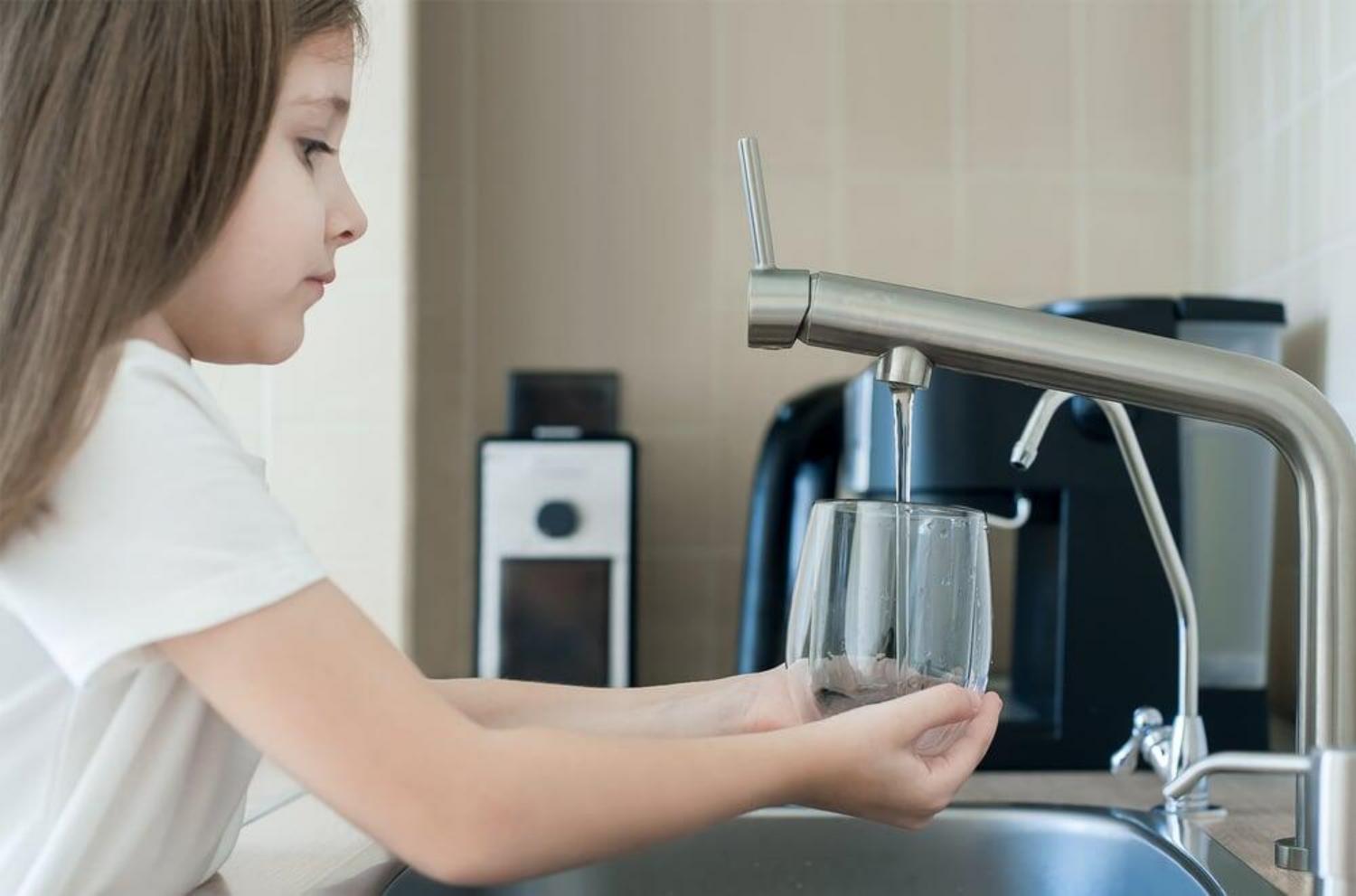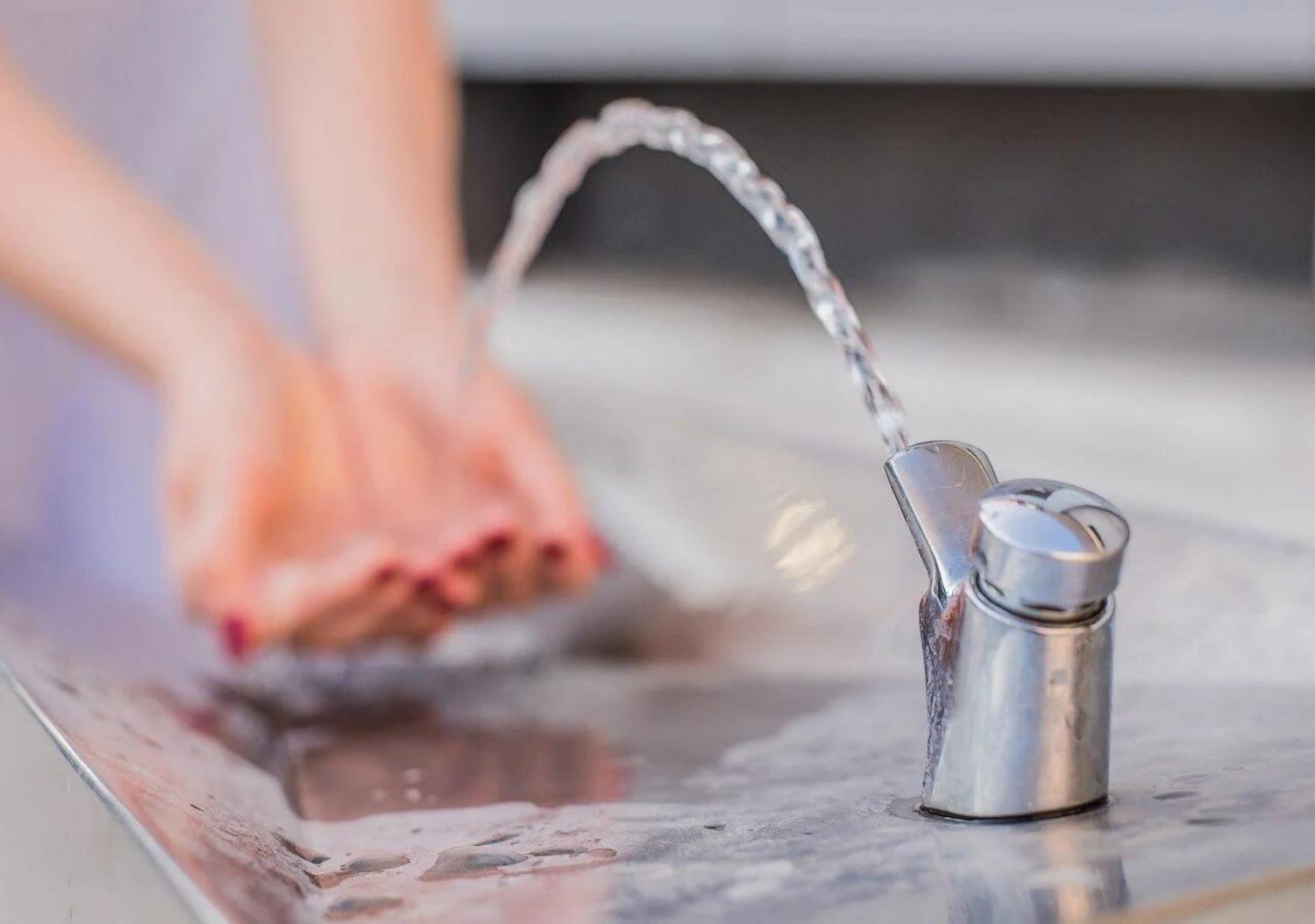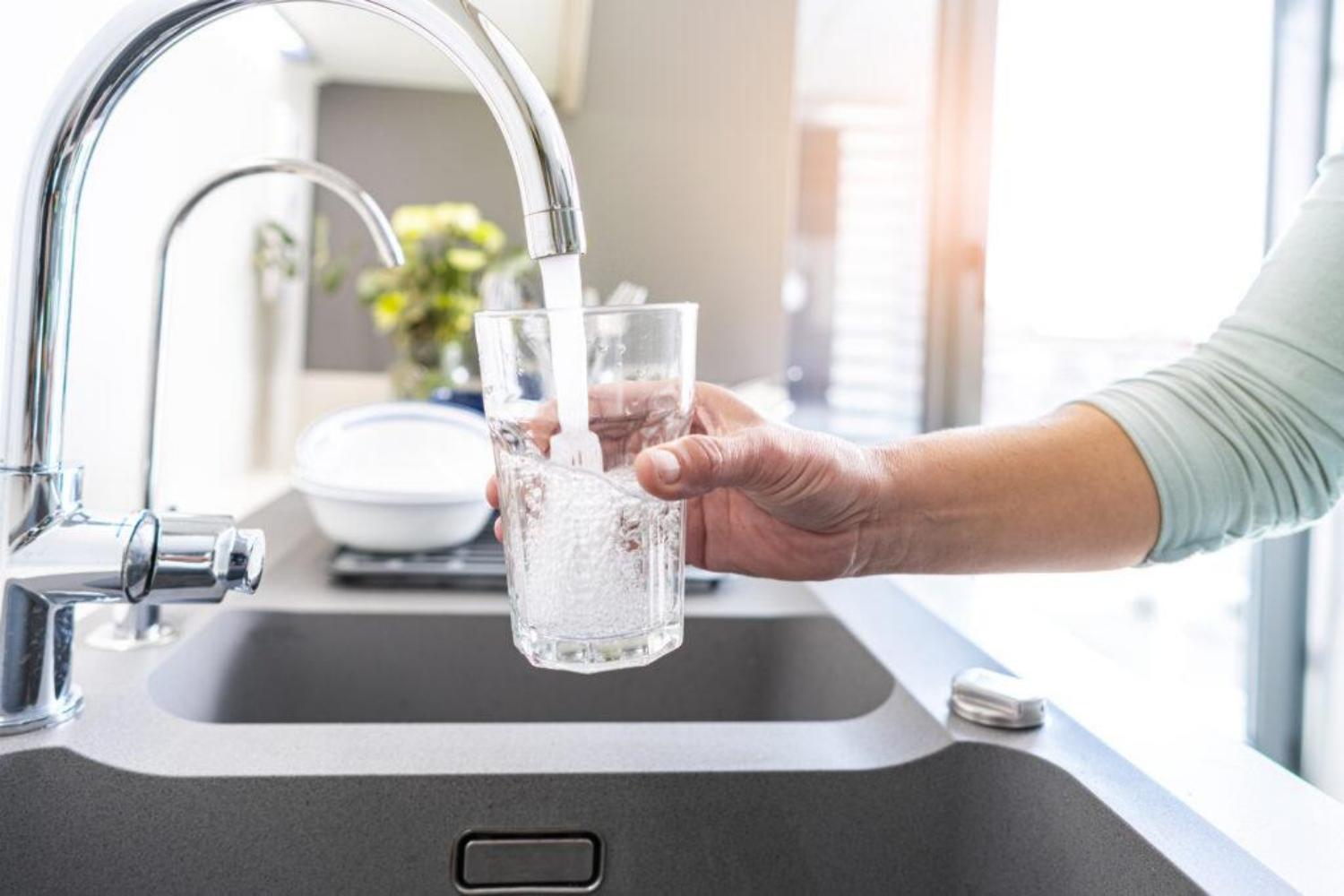
Water, the essential elixir of life, varies in its composition, and this difference is often classified into two categories: hard water vs soft water. The impact of water hardness extends beyond the taste and appearance, it affects the functionality and longevity of our home fixtures, including faucets. In this comprehensive exploration, we delve into the characteristics of hard water vs soft water, unraveling the implications for faucets, with a particular focus on the innovative solutions provided by the iVIGA brand.
The distinction between hard water vs soft water lies in their mineral content, impacting not only the taste and feel but also the functionality of household fixtures. Hard water, rich in calcium and magnesium ions, can lead to limescale deposits in plumbing and appliances, affecting performance. Soft water, with reduced mineral content, prevents such buildup, contributing to improved appliance efficiency and a more satisfying bathing experience. Hard water is often characterized by a noticeable mineral taste and the tendency to leave stains on surfaces, while soft water tends to produce better lathering with soap. The choice between the two depends on regional water sources and personal preferences.
The effects on faucets are profound, hard water can lead to mineral deposits affecting water flow and aesthetics, whereas soft water minimizes these concerns. Navigating this distinction is essential for homeowners seeking optimal water quality and the longevity of fixtures. As households grapple with this dichotomy, the quest for solutions, such as water softeners or faucets designed to withstand hard water challenges, becomes pivotal in ensuring a seamless and efficient domestic water experience.
Hard Water VS Soft Water: Understanding Water Hardness
-
What is Hard Water?
- Hard water is characterized by a high mineral content, primarily consisting of calcium and magnesium ions. These minerals are naturally present in the earth, and as water travels through rocks and soil, it picks up these minerals, resulting in increased hardness.
-
Implications of Hard Water:
- The high mineral content in hard water can lead to several challenges. The minerals tend to accumulate in plumbing systems and appliances, forming limescale deposits. Over time, this buildup can obstruct water flow, decrease the efficiency of appliances, and even cause damage.
-
Effects on Faucets:
- Faucets, being a primary point of water usage in households, bear the brunt of hard water. Limescale deposits can accumulate on faucet aerators and internal components, affecting water pressure and the overall performance of the fixture. Additionally, hard water can leave mineral stains on faucet surfaces, compromising their aesthetic appeal.
Hard Water VS Soft Water: Understanding Water Softness
-
What is Soft Water?
- Soft water, in contrast, contains minimal levels of calcium and magnesium ions. It is achieved through various water softening methods, such as ion exchange or the use of water softeners, which replace calcium and magnesium ions with sodium ions.
-
Benefits of Soft Water:
- Soft water has several advantages. It reduces the formation of limescale deposits in plumbing systems and appliances, enhancing their longevity and efficiency. Soft water also contributes to improved soap lathering, leading to a more satisfying bathing and cleaning experience.
-
Effects on Faucets:
- Faucets operating in soft water environments are less prone to limescale buildup. The reduced mineral content prevents the accumulation of deposits on aerators and internal components, preserving the faucet’s performance and appearance over time.

Hard Water VS Soft Water: The iVIGA Advantage
-
Corrosion-Resistant Finishes:
- Hard water vs soft water, iVIGA faucets are crafted with meticulous attention to material selection. The finishes applied to the faucets are designed to resist corrosion, providing an added layer of protection against the effects of hard water. This ensures that iVIGA faucets maintain their aesthetic appeal even in areas with high water hardness.
-
Durable Internal Components:
- The internal components of iVIGA faucets are engineered for durability. With a focus on materials that can withstand the impact of hard water, iVIGA ensures that the faucets deliver reliable performance over an extended period, minimizing the maintenance challenges associated with limescale deposits.
-
Innovative Cleaning Solutions:
- iVIGA acknowledges the challenges posed by hard water and offers innovative cleaning solutions. Features such as removable aerators facilitate easy maintenance, allowing users to clean limescale deposits with minimal effort, ensuring sustained performance and longevity.
Mitigating the Impact of Water Hardness
-
Water Softeners:
- Hard water vs soft water, for households grappling with hard water issues, the installation of water softeners is a common solution. Water softeners employ ion exchange processes to reduce the mineral content in water, preventing limescale buildup in plumbing systems and appliances, including faucets.
-
Regular Maintenance:
- Irrespective of water hardness levels, regular maintenance is crucial for preserving the performance and appearance of faucets. Periodic cleaning, especially in hard water environments, helps prevent the accumulation of limescale deposits.
-
Choosing Faucets Wisely:
- Selecting faucets designed to withstand the challenges of hard water is a proactive approach. iVIGA’s commitment to using corrosion-resistant finishes and durable internal components ensures that their faucets are a reliable choice for households dealing with hard water-related issues.

Conclusion
Hard water vs soft water, understanding the implications of hard water vs soft water is crucial for homeowners. Water softeners are often employed to mitigate the challenges posed by hard water, preventing scale buildup in appliances and extending their lifespan. However, the choice between hard and soft water is also influenced by regional water sources, as some areas naturally have water with higher mineral content.
In the intricate tapestry of home living, the quality of water we use plays a significant role. Understanding the distinctions between hard water vs soft water empowers homeowners to make informed decisions about their water supply and the fixtures that rely on it. As we navigate the nuances of water hardness, the innovative solutions offered by brands like iVIGA become invaluable. The iVIGA brand not only recognizes the challenges posed by hard water but also addresses them with a commitment to durability, innovation, and user-friendly maintenance.
By incorporating corrosion-resistant finishes and durable internal components into their faucets, iVIGA provides a solution that transcends the limitations of water hardness, ensuring that their fixtures not only endure but continue to enhance the aesthetic and functional aspects of our homes. In the grand symphony of home design and functionality, iVIGA faucets stand out as a melody of resilience and sophistication, harmonizing seamlessly with the diverse compositions of households around the world.
 iVIGA Faucet Online Shop
iVIGA Faucet Online Shop
